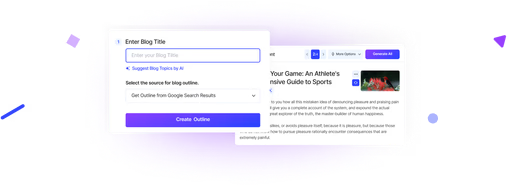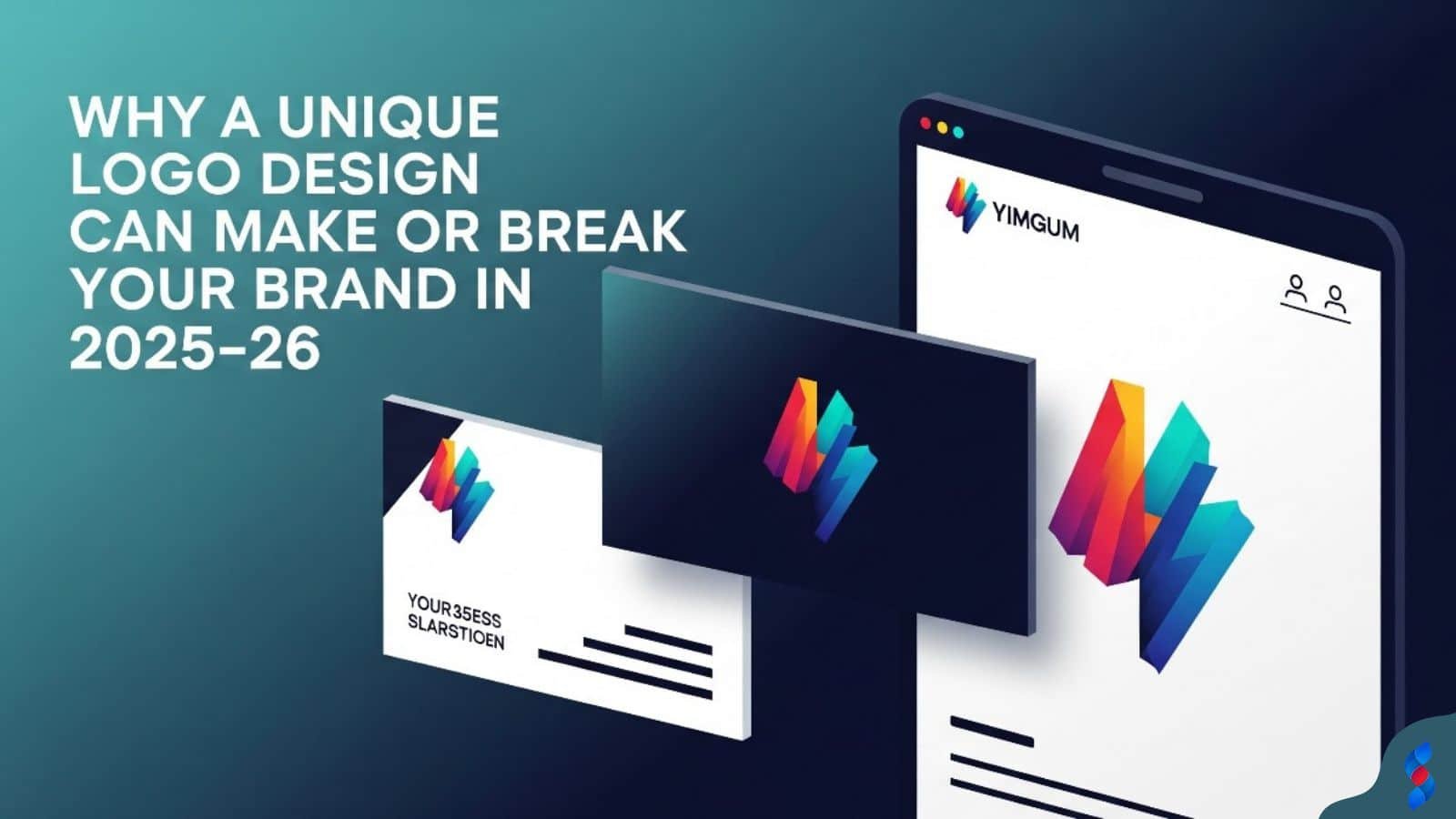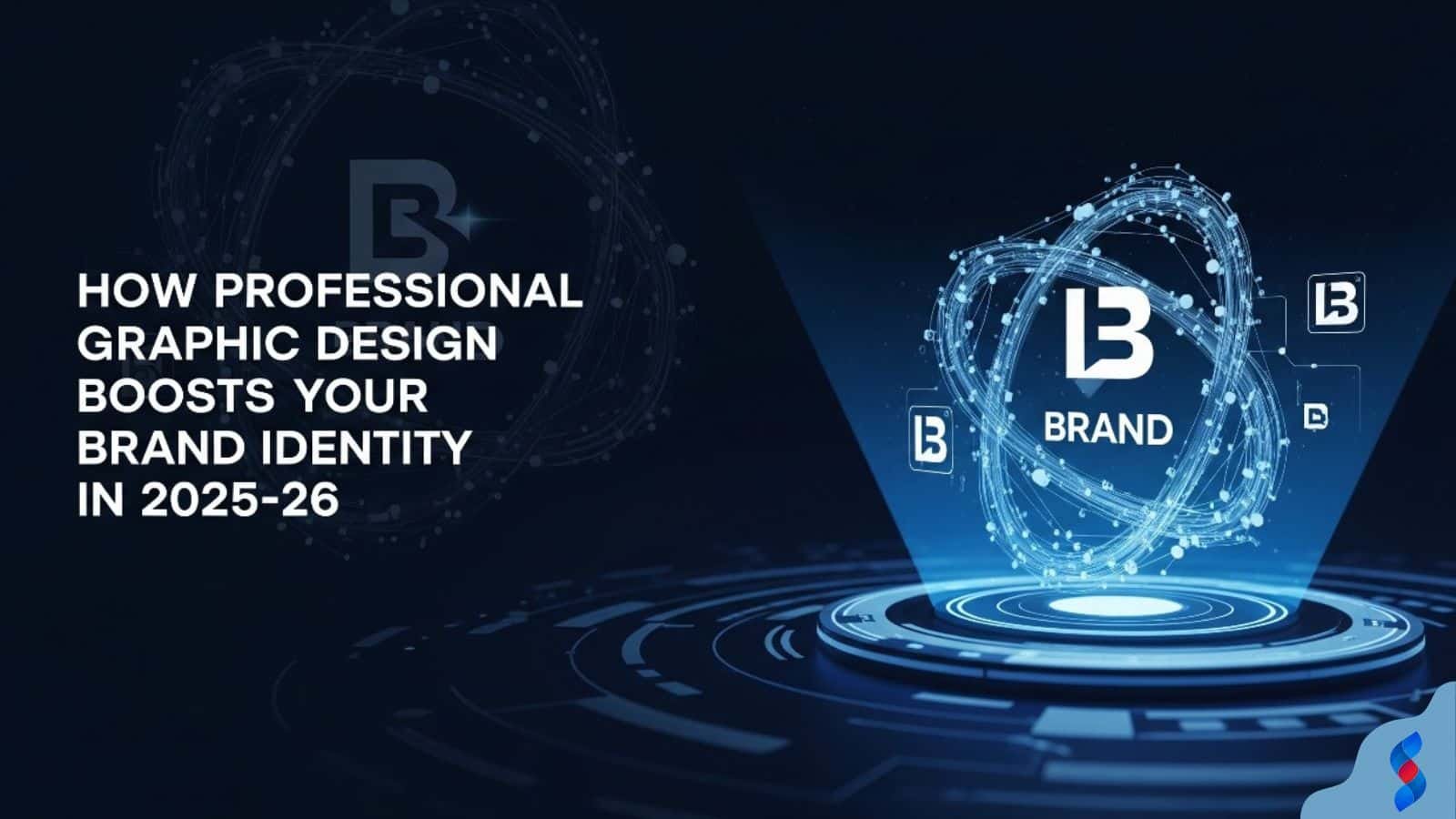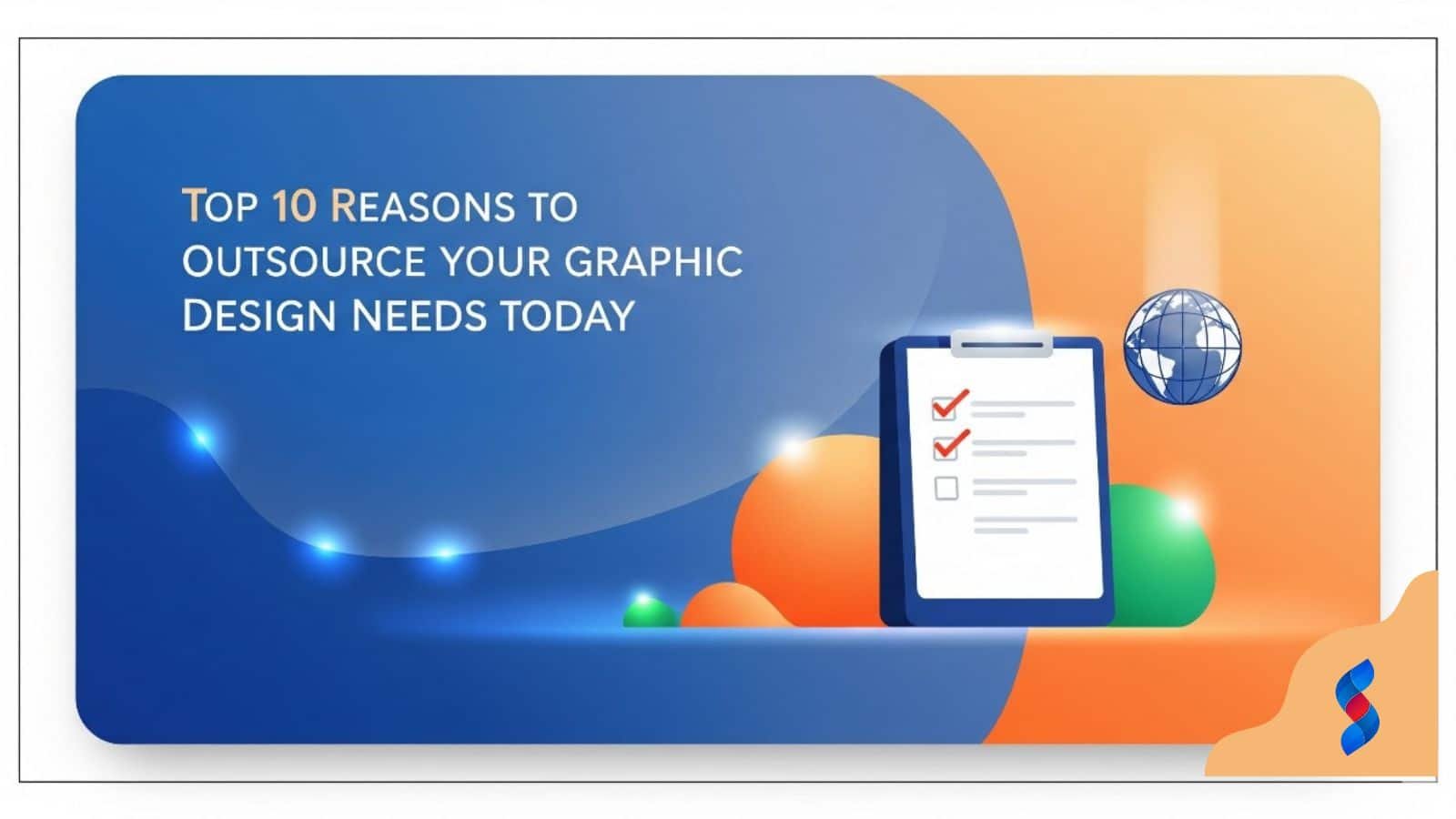Why a Unique Logo Design Can Make or Break Your Brand in 2025–26
Need help? Call us:
+92 320 1516 585
- Web Design And Development
- Graphic Designing
- Search Engine Optimization
- Web Hosting
- Digital Marketing
- CRO Services
- Brand Development
- Social Media Marketing
- PPC Marketing
- Content Marketing
- ERP Solutions
- App Development
- Game Development
- Printing Services
- Video Production
- Artificial Intelligence
- Data Entry
- Theme And Plugin Development
- Product Photography
- Software Development
- App Development
- Artificial Intelligence
- Brand Development
- Content Marketing
- CRO Services
- Custom Theme And Plugin Development
- Data Entry
- Digital Marketing
- ERP Solutions
- Game Development
- Graphics Designing
- PPC Marketing
- Printing Services
- Product Photography
- SEO
- Social Media Marketing
- Software Development
- Unique Category
- Video Production
- Web Design & Development
- Web Hosting
Ultimate Guide to Boosting WordPress Website Success with Graphic Design Experience in 2025
- By Khurram Virk
In today’s digital landscape, the question of whether graphic design experience can boost your WordPress website’s success is more relevant than ever. A visually appealing and well-designed website is crucial for attracting and retaining visitors. We’ll explore how graphic design intertwines with WordPress to elevate user experience, improve conversion rates, and build a strong online presence.
Introduction to Graphic Design and WordPress
Importance of Graphic Design in Web Development
Graphic design is fundamental in web development, serving as the bridge between functionality and aesthetics. It encompasses the visual elements that define a website’s look and feel, influencing user perception and interaction. Effective graphic design ensures that a website is not only visually appealing but also easy to navigate and understand. In our experience at SkySol Media, we’ve found that a well-designed website significantly enhances user engagement and reduces bounce rates.
Think of graphic design as the visual language of your website. It communicates your brand’s personality, values, and message in a way that words alone cannot. A poorly designed website can deter visitors, while a well-crafted design can draw them in and encourage them to explore further. Graphic design for web is not just about making things look pretty; it’s about strategic communication and problem-solving.
Brief Overview of WordPress and Its Popularity
WordPress is a leading content management system (CMS) powering millions of websites worldwide. Its popularity stems from its user-friendly interface, flexibility, and extensive library of themes and plugins. This makes WordPress an ideal platform for businesses and individuals seeking to establish an online presence without extensive coding knowledge. Our team in Dubai often recommends WordPress to clients seeking scalable and customizable website solutions.
One of the reasons WordPress is so widely used is its open-source nature, which allows for continuous development and improvement by a global community. It offers a vast ecosystem of plugins and themes that extend its functionality, making it suitable for everything from simple blogs to complex e-commerce platforms. This adaptability, combined with strong SEO capabilities, makes WordPress a powerful tool for digital marketing and online branding.
Understanding the Role of Graphic Design in WordPress
Enhancing User Experience through Visual Elements
Graphic design plays a pivotal role in enhancing user experience (UX) on WordPress websites. Visual elements such as images, videos, icons, and animations can significantly improve user engagement and make the website more enjoyable to use. A well-designed interface guides users through the website, helping them find the information they need quickly and easily.
A client once asked us about how to improve the user experience on their WordPress site. We suggested a redesign focusing on clearer navigation, more visually appealing content, and optimized mobile responsiveness. Applying these graphic design principles led to a measurable lift in their KPIs, including increased time on site and lower bounce rates. The key is to create a visually consistent and intuitive design that caters to the user’s needs.
Creating Engaging Visual Content for Websites
Engaging visual content is essential for capturing and maintaining the attention of website visitors. High-quality images, compelling videos, and interactive graphics can transform a static website into a dynamic and immersive experience. Visual content not only enhances the aesthetic appeal of the website but also helps to communicate complex information in a more accessible and memorable way.
Consider the impact of a well-produced video showcasing a product or service. It can convey the benefits and features much more effectively than written text alone. Similarly, infographics can present data and statistics in a visually appealing format that is easy to understand and share. By incorporating engaging visual content, you can significantly improve user engagement and create a more compelling online presence, boosting your online branding.
Key Principles of Effective Graphic Design for WordPress
Color Theory and Branding
Color theory is a critical aspect of graphic design, especially when it comes to branding. Colors evoke emotions and associations, influencing how visitors perceive your brand. Choosing the right color palette can create a cohesive and memorable brand identity. For example, using blues and greens might convey trust and stability, while reds and oranges can suggest energy and excitement.
Understanding color psychology is crucial. A consistent color scheme across your website and marketing materials reinforces your brand identity and helps customers recognize your brand instantly. We often advise clients to develop a brand style guide that includes specific color codes to ensure consistency across all their visual assets.
Typography and Readability
Typography plays a significant role in website readability and user experience. Choosing the right fonts and using them effectively can make your content more accessible and engaging. Factors such as font size, line height, and letter spacing can impact how easily visitors can read and understand your content.
Selecting fonts that align with your brand’s personality is also essential. A formal brand might benefit from classic serif fonts, while a modern brand could opt for clean sans-serif fonts. Ensuring sufficient contrast between the text and background is crucial for readability, especially for users with visual impairments. Effective typography enhances the overall design and contributes to a positive user experience.
Balance and Contrast in Design
Balance and contrast are fundamental design principles that contribute to the visual harmony and clarity of a website. Balance refers to the distribution of visual weight within a design, creating a sense of stability and equilibrium. Contrast involves using different elements, such as colors, sizes, and shapes, to create visual interest and highlight important information.
A well-balanced design feels harmonious and pleasing to the eye. Using contrast effectively can draw attention to key elements and guide the user’s eye through the page. For example, a bright call-to-action button against a muted background can encourage users to click. Achieving balance and contrast requires careful consideration of all design elements and their relationship to one another.
The Impact of Graphic Design on Website Success
Increasing Conversion Rates through Design
Graphic design can significantly impact conversion rates on WordPress websites. A well-designed website instills trust and credibility, making visitors more likely to engage with your content and take desired actions, such as making a purchase or filling out a form. Clear calls-to-action, visually appealing product displays, and streamlined checkout processes can all contribute to higher conversion rates.
We’ve seen firsthand how strategic website optimization can transform a business. For example, improving the visual appeal and usability of an e-commerce site led to a 30% increase in conversion rates within just a few months. Good design guides the user towards conversion, making the process seamless and intuitive.
Improving Website Navigation and Accessibility
Effective graphic design enhances website navigation and accessibility, making it easier for users to find the information they need. Clear and intuitive navigation menus, well-organized content layouts, and consistent design elements can all contribute to a positive user experience. Accessibility considerations, such as providing alternative text for images and ensuring sufficient color contrast, are also crucial for accommodating users with disabilities.
A well-structured website allows users to navigate effortlessly, reducing frustration and increasing engagement. This is particularly important for websites with large amounts of content. By prioritizing navigation and accessibility, you can ensure that your website is user-friendly for everyone, regardless of their abilities.
Building Trust and Credibility with Professional Design
Professional graphic design builds trust and credibility with website visitors. A well-designed website conveys a sense of professionalism and competence, assuring visitors that your business is legitimate and reliable. Consistent branding, high-quality visuals, and a user-friendly interface can all contribute to building trust and establishing your brand as an authority in your industry.
“Good design is good business.” – Thomas Watson Jr.
A poorly designed website can create a negative impression and deter potential customers. Investing in professional graphic design is an investment in your brand’s reputation and long-term success.
Common Mistakes in Graphic Design for WordPress
Overuse of Colors and Fonts
One common mistake in graphic design for WordPress is the overuse of colors and fonts. Using too many colors can create a cluttered and overwhelming visual experience, making it difficult for visitors to focus on the content. Similarly, using too many different fonts can make the website look unprofessional and inconsistent.
It’s best to stick to a limited color palette (typically 2-3 primary colors) and a maximum of 2-3 different fonts. This creates a cohesive and visually appealing design that is easy on the eyes. Simplicity and consistency are key to avoiding this common pitfall.
Poor Image Optimization and Loading Speed
Poor image optimization is another common mistake that can negatively impact website performance. Large, unoptimized images can significantly slow down loading speed, leading to a poor user experience and potentially hurting your search engine rankings. Compressing images and using appropriate file formats (such as JPEG for photographs and PNG for graphics) can help to reduce file size without sacrificing quality.
We always emphasize the importance of optimizing images for the web. Using tools like TinyPNG or ImageOptim can help to compress images automatically. Additionally, consider using a content delivery network (CDN) to serve images from servers located closer to your users, further improving loading speed.
Inconsistent Design Elements and Branding
Inconsistent design elements and branding can create a disjointed and unprofessional appearance. Maintaining consistency in terms of colors, fonts, logos, and other visual elements is crucial for reinforcing your brand identity and creating a cohesive user experience. Inconsistencies can confuse visitors and make your website look less credible.
Develop a brand style guide that outlines the specific design elements to be used across your website and marketing materials. This ensures that everyone involved in creating content adheres to the same standards, maintaining a consistent brand image.
Best Practices for Implementing Graphic Design in WordPress
Using Themes and Plugins for Design Enhancement
WordPress offers a vast array of themes and plugins that can enhance your website’s design. Themes provide pre-designed layouts and styles that can be customized to suit your brand, while plugins offer additional functionality and design options. Choosing the right themes and plugins can significantly improve the visual appeal and usability of your WordPress website.
However, it’s important to choose themes and plugins carefully. Opt for reputable and well-supported options that are regularly updated. Avoid using too many plugins, as this can slow down your website. Focus on selecting themes and plugins that align with your design goals and enhance the overall user experience.
Customizing Website Elements for Unique Branding
Customizing website elements is essential for creating a unique and memorable brand identity. While using pre-designed themes and plugins can save time and effort, it’s important to personalize them to reflect your brand’s personality and values. Customizing elements such as logos, colors, fonts, and layouts can help you stand out from the competition and create a distinctive online presence.
Using custom CSS can give you precise control over design elements without altering the underlying theme code. For example, you can adjust the spacing, colors, and font styles to create a design that perfectly matches your brand’s aesthetic.
Optimizing Images for Fast Loading Speed
Optimizing images for fast loading speed is crucial for ensuring a positive user experience and improving your website’s search engine rankings. Large, unoptimized images can significantly slow down loading speed, leading to a poor user experience and potentially hurting your SEO.
Here are some best practices for optimizing images:
- Compress images using tools like TinyPNG or ImageOptim.
- Use appropriate file formats (JPEG for photographs, PNG for graphics).
- Resize images to the appropriate dimensions for your website.
- Use lazy loading to load images only when they are visible on the screen.
- Consider using a content delivery network (CDN) to serve images from servers located closer to your users.
Here’s a sample table showing image optimization techniques:
| Technique | Description | Benefits |
|---|---|---|
| Compression | Reducing file size without sacrificing quality. | Faster loading speed, reduced bandwidth usage. |
| File Format | Using appropriate formats (JPEG, PNG, WebP). | Optimized for different types of images. |
| Resizing | Adjusting image dimensions to fit website layout. | Reduced file size, improved loading speed. |
| Lazy Loading | Loading images only when they are visible. | Improved initial page load time. |
The Future of Graphic Design in WordPress and Web Development
Emerging Trends in Web Design and Graphic Design
Web design and graphic design are constantly evolving, with new trends emerging all the time. Some of the current trends include:
- Minimalism: Clean, uncluttered designs that focus on simplicity and functionality.
- Dark Mode: Dark color schemes that are easier on the eyes and reduce energy consumption.
- 3D Graphics: Immersive and interactive 3D elements that enhance user engagement.
- Microinteractions: Subtle animations and feedback that make the user experience more intuitive and enjoyable.
- Accessibility-Focused Design: Designs that prioritize accessibility for all users, including those with disabilities.
Staying up-to-date with these trends can help you create a modern and engaging website that resonates with your target audience.
The Role of Artificial Intelligence in Design Automation
Artificial intelligence (AI) is playing an increasingly important role in design automation. AI-powered tools can assist with tasks such as image optimization, layout generation, and even logo design. While AI is unlikely to replace human designers entirely, it can help to streamline the design process and improve efficiency.
AI tools can also provide valuable insights into user behavior and design effectiveness. For example, AI can analyze user interactions to identify areas of the website that need improvement. This data-driven approach can help you make informed design decisions and optimize your website for better results.
Importance of Adaptive and Responsive Design
Adaptive and responsive design are essential for ensuring that your website looks and functions well on all devices, from desktops to smartphones. Adaptive design involves creating different versions of your website for different screen sizes, while responsive design uses flexible layouts and images that adapt to the user’s screen.
With the increasing use of mobile devices, it’s more important than ever to have a website that is mobile-friendly. A responsive design ensures that your website provides a consistent and enjoyable experience regardless of the device being used. This is crucial for attracting and retaining mobile users.
Conclusion and Final Thoughts
Recap of the Importance of Graphic Design for WordPress
In summary, graphic design is crucial for boosting your WordPress website’s success. It enhances user experience, improves conversion rates, builds trust and credibility, and helps you create a distinctive online presence. By following best practices and staying up-to-date with emerging trends, you can create a website that is both visually appealing and highly effective.
Encouragement to Invest in Professional Graphic Design
Investing in professional graphic design is an investment in your brand’s long-term success. A well-designed website can attract more visitors, engage them more effectively, and ultimately drive more business. Don’t underestimate the power of good design.
Future Directions for WordPress Website Owners and Designers
As WordPress continues to evolve, it’s important for website owners and designers to stay informed about new features, trends, and best practices. Embracing new technologies and design approaches can help you create a website that is both innovative and user-friendly. By prioritizing user experience and investing in professional design, you can ensure that your WordPress website remains a valuable asset for your business. At SkySol Media, we’re committed to helping our clients achieve their online goals through strategic design and development. We believe that a well-crafted website is the foundation of a successful online presence, and we’re here to help you build it.
FAQ Section
Q: What is the most important aspect of graphic design for a WordPress website?
A: The most important aspect is creating a design that enhances user experience. This means ensuring that the website is visually appealing, easy to navigate, and accessible to all users. Good graphic design should also align with your brand’s identity and values.
Q: How can I improve the loading speed of my WordPress website with graphic design?
A: Optimize your images by compressing them, using appropriate file formats, and resizing them to the correct dimensions. Also, consider using lazy loading and a content delivery network (CDN) to further improve loading speed.
Q: What are some common mistakes to avoid in graphic design for WordPress?
A: Avoid overusing colors and fonts, using poorly optimized images, and creating inconsistent design elements. Maintaining simplicity, consistency, and optimization are key to avoiding these mistakes.
Q: How does graphic design impact conversion rates on a WordPress website?
A: A well-designed website builds trust and credibility, making visitors more likely to engage with your content and take desired actions, such as making a purchase or filling out a form. Clear calls-to-action, visually appealing product displays, and streamlined checkout processes can all contribute to higher conversion rates.
Q: What role does UI/UX design play in WordPress websites?
A: UI/UX design focuses on creating user-friendly and intuitive interfaces. This involves understanding user needs and behaviors and designing a website that is easy to navigate and enjoyable to use. Good UI/UX design can significantly improve user engagement and satisfaction.
Q: How can I ensure my WordPress website is accessible to users with disabilities?
A: Ensure that your website follows accessibility guidelines, such as providing alternative text for images, using sufficient color contrast, and designing a website that is easy to navigate with assistive technologies.
Q: What are some emerging trends in web design and graphic design that I should be aware of?
A: Some emerging trends include minimalism, dark mode, 3D graphics, microinteractions, and accessibility-focused design. Staying up-to-date with these trends can help you create a modern and engaging website.
Don’t forget to share it
Table of Contents

We’ll Design & Develop a Professional Website Tailored to Your Brand
Enjoy this post? Join our newsletter
Newsletter
Related Articles
How Professional Graphic Design Boosts Your Brand Identity in 2025–26
Top 10 Reasons to Outsource Your Graphic Design Needs Today
Graphic Design SEO: 7 Amazing Ways to Boost Your Website in 2025
Graphic Design Skills: The Amazing 2025 Boost for WordPress Traffic
Ultimate Guide to Unlocking the Best Graphic Design Skills for an Amazing WordPress Website in 2025



